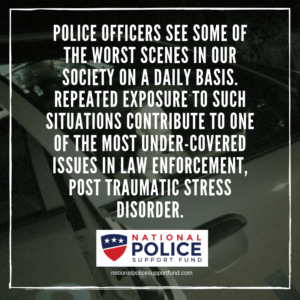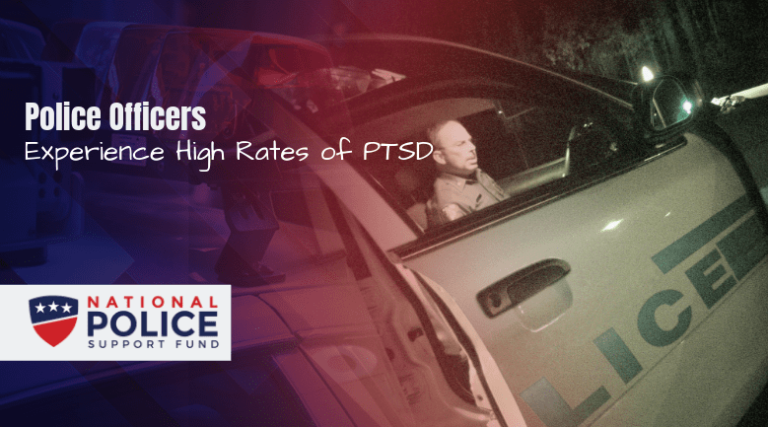Police officers face dangers every day on the job that few of us will encounter in our lifetimes. Whether duty calls for officers to pursue suspected criminals at high rates of speed, being involved in a shootout, or if they are simply the first to arrive at the scene of a horrific crime, police officers see some of the worst scenes in our society on a daily basis.
PTSD in Police Officers: Repeated Exposure to Trauma
Repeated exposure to such situations contribute to one of the most under-covered issues when it comes to law enforcement. That issue is Post Traumatic Stress Disorder. New studies have shown that police officers suffer symptoms indicative of PTSD at a similar rate as veterans of the military. Between seven and 19 percent of police officers exhibit symptoms of PTSD, compared to 3.5% of the general public.
By and large, police officers suffer from cumulative PTSD. As opposed to the traditional definition of post traumatic stress disorder, cumulative PTSD is caused by prolonged and repeated exposure to trauma and extreme stress rather than one particular incident, such as a shooting. The effects, however, are no less devastating for the officers affected.
PTSD contributes to other mental health issues

Post traumatic stress disorder has devastating effects. For officers, post traumatic stress disorder has been linked to higher rates of depression and suicide when compared to the general public. According to the National Alliance on Mental Illness (NAMI), 1 in 4 police officers have had thoughts of suicide at least one in their lives and unfortunately, some of those brave officers have acted on those thoughts. Indeed, more police officers committ suicide than are killed in the line of duty in the United States, according to NAMI.
Unfortunately, many police officers do not seek treatment for PTSD and related mental health issues in an effort not to be seen as weak in the eyes of their colleagues. Breaking the stigma of mental health disorders is critical, especially when it comes to public servants like those serving law enforcement. Police risk their lives every day to serve and protect their communities and they should not have to suffer from PTSD or depression in silence. It is up to us as citizens to continue to conversation around mental health so brave public servants like police officers no longer suffer the stigma surrounding mental health disorders caused by their time on the job.








